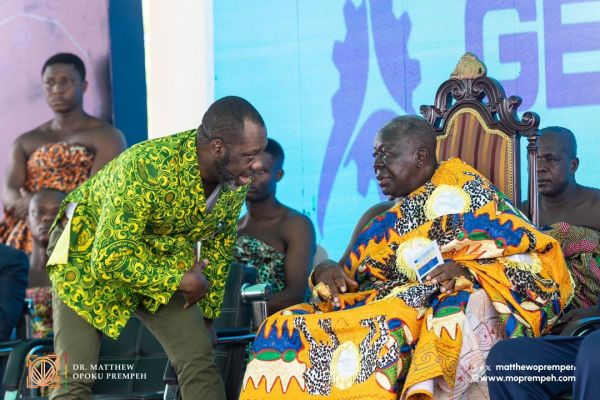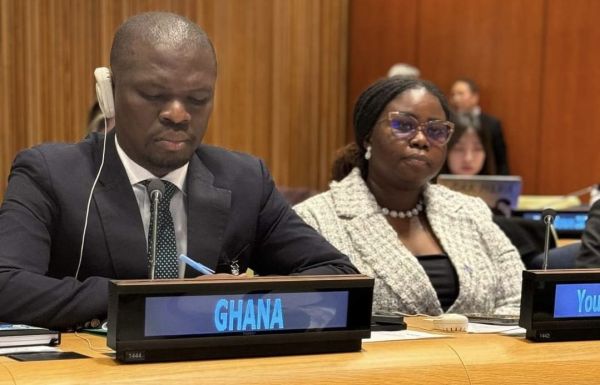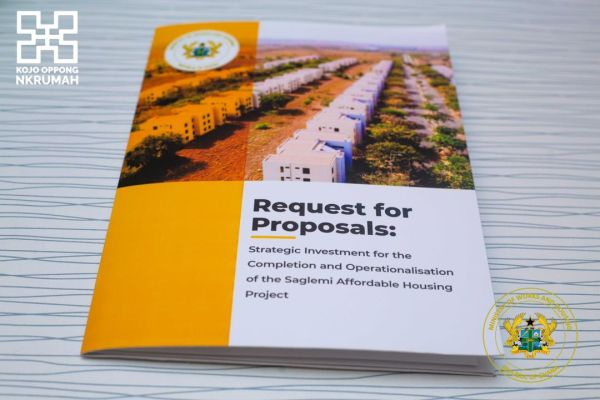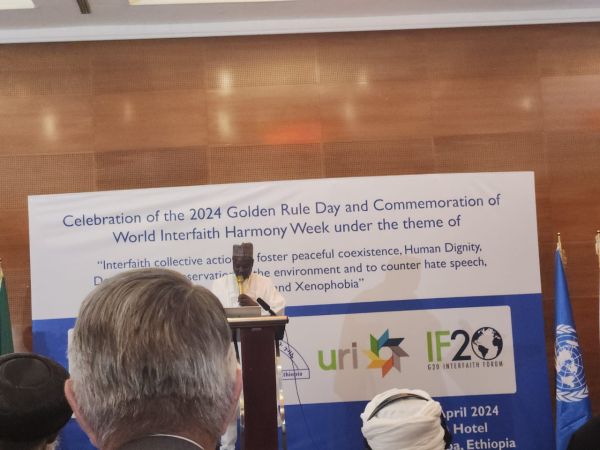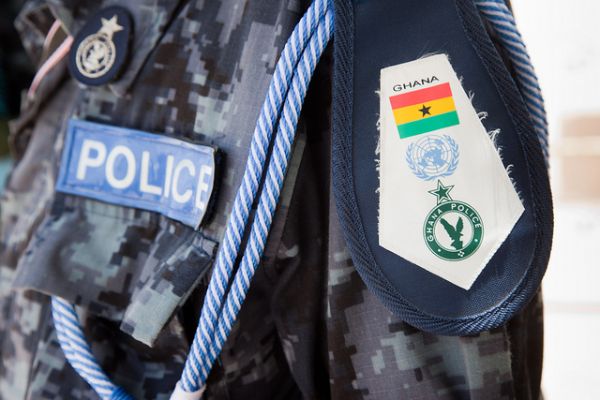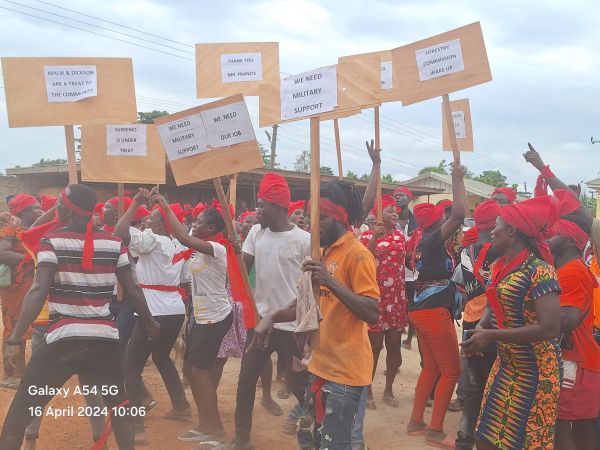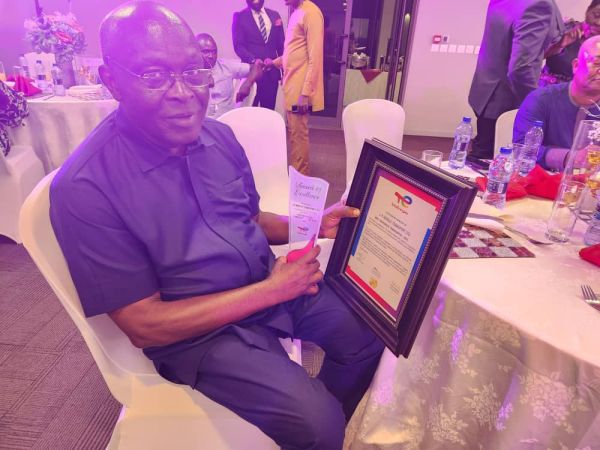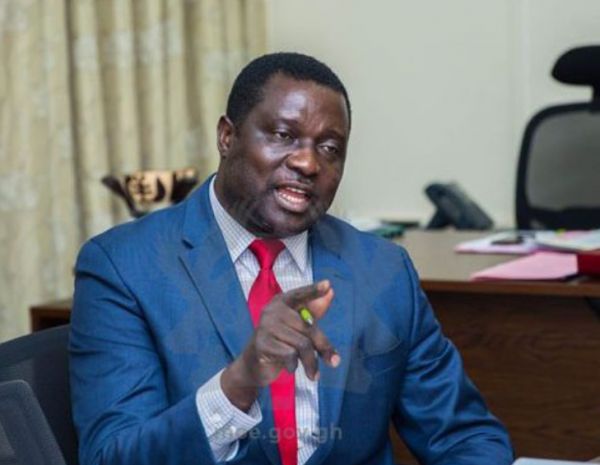
IT firm, TANIT Limited, says a contract they won from the Ministry of Education (MoE) which was approved by the Public Procurement Authority (PPA) for the design, development, and deployment of digital teacher training content and platform for the execution of GALOP 7.2B COVID-19 Intervention project was altered by the Ministry of Education.
This was at the instance of the sector Minister, Dr. Yaw Osei Adutwum.
Their new scope of work now required the delivery of a digital training platform and specified contently only.
Having executed the work and called to make a presentation to a ‘Project Implementation Committee’ set up by Dr. Adutwum, they were hit with the sad news that their services were no longer needed.
In a statement released in Accra on Wednesday, August 17, 2022, the Management of TANIT Limited said it was at the said meeting where they were expected to make their presentation that they were told that their contract has been terminated.
“TANIT Limited completed the contract assignment and submitted its report to the Ministry of Education on 14th February 2022. TANIT Limited was invited by the Ministry of Education on 8th March 2022 to make a presentation to a ‘Project Implementation Committee’ of the Ministry of Education. At the said meeting, an officer of the Ministry of Education, Mr. Bernard Ayensu said to our hearing that, the Ministry of Education do not need our platform any longer because, on the night of 30th November 2021, the Minister of Education directed him to make a ‘mid night’ run to the house of then Chief Director of the Ministry of Education to sign a ‘made-up’ report for onward submission to Education Sector Working Group,” the statement in part read.
The statement released by TANIT Limited was in reaction to a publication by The Chronicle newspaper in its Monday, August 15, 2022, edition titled “Did Adutwum cook-up a report on $1.2million GALOP Project?”
Having been hard hit by the sad news, TANIT said they were later told to refund part payment the Ministry of Education released to them during the execution of the contract.
“On the 22nd June 2022, the Ministry of Education wrote to us requesting for a refund of part payment made during the execution of the contract. We responded to the Ministry of Education on 24th June 2022, raising issues with the request. The Ministry responded again to our letter on 18th July insisting on the refund. TANIT contract did not include the training of teachers. We only provided the platform and content. The platform was not ready as at the end of 30th November 2021 and as such, did not have any teachers trained on the same”, the statement corroborating with The Chronicle’s reportage revealed.
The Chronicle newspaper on Monday, August 15, 2022, reported that its investigations have uncovered that Dr. Adutwum presented a ‘made-up’ report to convince the World Bank for the release of US$1.2million for the execution of the GALOP 7.2B COVID-19 Interventions project, a project he and the Ministry never executed.
The made-up report was prepared through the Head, M&E Unit of the Planning, Budgeting, Monitoring and Evaluation (PBME) Division of the Ministry of Education, Bernard Ayensu.
It had the subject matter ‘Ministry of Education, PBME Division, VERIFICATION OF PBC 7.2B’.
In the said report, Mr. Ayensu told the World Bank that the PBME had undertaken verification of GALOP PBC 7.2B, especially, the number of teachers trained in using distance learning methods, and highlighted some general findings.
“On behalf of the Chief Director, I submit official notification of Government’s achievement of PBC 7.2B under the GPE COVID-19 Accelerated Funding. Also attached is the verification report on the achievement of the PBC,” noted Mr. Ayensu in his email dated Wednesday, December 1, 2021, accompanying the attached report to the World Bank.
Key among the findings was the confirmation of the development of an online learning portal by the Ministry of Education for the conduct of teacher training in integrated digital literacy. The platform, it noted, was hosted on https://katon.katechnologiesgh.com.
The PBME also confirmed the development of Digital Literacy Training Modules which had been uploaded on the platform and covers Computer Basic, Word Processing (MS Word), Spreadsheet (MS Excel), Presentation (MS POWER POINT 201.6), and Basic Internet Tutorial. These modules are completely different from what the Program had outlined for execution.
In addition to that, the PBME told the World Bank that a total of 41,860 teachers from 685 schools across all the 260 districts of Ghana signed up for the training program which had both offline (via a desktop application) and online (via web application) options.
This means that a total of 58.4 teachers were trained in each of the 685 schools that benefited from the program.
The training program, the PBME further noted, was offered in three modules namely: Recorded Online Training; Physical Training; and Online/Virtual Live Training.
It also confirmed verifying the number of teachers training in integrated digital literacy.
“PBME employed a 2-stage verification strategy for PBC 7.2A. The first stage involved the generation of an automated report on teachers that have done at least one module of the integrated digital literacy course. As of November 30, 2021, there were 40,057 teachers that had completed at least one module of the integrated digital literacy course. From the automated report, 40,057 teachers have completed at least one module. This exceeds the target of 40,000 teachers to be trained. PBC 7.2B has been achieved”, the made-up report prepared by the PBME in part read.
This fictitious report was prepared by the PBME under the explicit instructions of Dr. Adutwum when he realized that the deadline of the GALOP program which was November 30, 2021, was fast approaching. Meanwhile, the list of participants that was presented to the World Bank totaled 500.
Persons familiar with the program say the report was developed from the work done by the NTC under the Commonwealth of Learning as evidence for COVID-19 Digital Literacy training.


